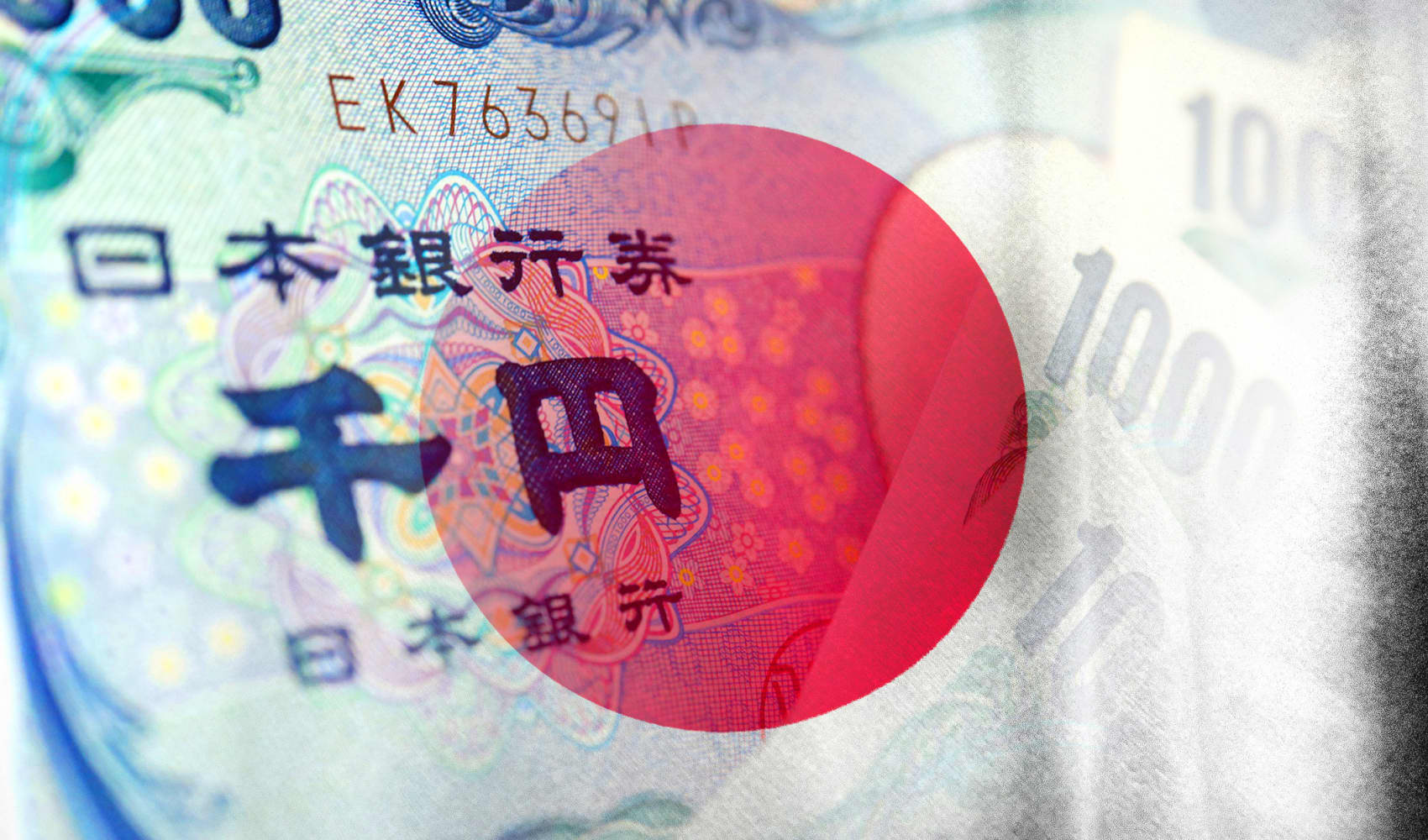
We all have a morning routine whether we realize it or not. But being more intentional about how you start your day could set you up for career success and improve physical and mental health.
Kurtis Hanni is a self-help podcast host, finance coach, and CFO at Cowan Group Engineering with over 10 years of finance experience. He says his success wouldn't have been possible without his carefully crafted morning routine.
"I look back and I shake my head at who I was in the past," he tells CNBC Make It. "But being in supervising roles forced me to be efficient from that, I realized the power of having a routine and how it can really set you up for success."
And he isn't the only one. According to a recent survey from Cinch Home Services, an insurance company, highly productive people are 92% more likely to have a morning routine. Successful people like Shonda Rhimes, Mark Cuban, and Oprah Winfrey all have morning routines that set them up for an effective workday.
Get Philly local news, weather forecasts, sports and entertainment stories to your inbox. Sign up for NBC Philadelphia newsletters.
Though Hanni has 12 things he does every morning to have a productive day, these 4 are among the most important:
Don't touch your phone
It's so easy for us to roll over and check our cell phones first thing in the morning, whether it be to check emails or scroll on social media. Without even realizing it, we've spent more time on our phones than we intended, leaving less time for more important activities.
Money Report
"For me, my phone was my biggest distraction," says Hanni. "I would wake up, immediately grab my phone, and realize so much time had passed by that I don't have time to do important things like work out, walk my dog, etc."
Cinch's survey of over 1,000 individuals found that 49% check their phones upon waking up. Almost half (2 out of 5) of those people also reported higher stress levels and, similarly, 53% of people who check their phone first say they experience low productivity.
Reflect on what you're grateful for
Starting your day with gratitude can not only help you feel better emotionally but physically.
According to Oscar, a health insurance company, having an "attitude of gratitude" can reduce the risk of heart disease, decrease anxiety and depression, improve relationships, boost your immune system, and even help you sleep better.
Hanni practices journaling, writing affirmations and reflecting on good things while he prepares for the workday.
"It's been helpful to just set that good mood early because it's really easy to get discouraged throughout the day if you've started it thinking about something negative."
Write down your top priorities
It's easy to forget about tasks we have to do when other responsibilities and distractions arise throughout the day. Planning out your to-do list from most to least important is a great way to stay organized and on track.
According to scheduling software company Trafft, if you spend 12 minutes planning your day, you'll save up to 2 hours of time that would have otherwise gone to waste.
Hanni says that by prioritizing his day, instead of "letting the workday decide what he's going to do," he ultimately became more productive.
"I find that I get easily distracted. I was going into my workday, and I would just hit the ground running and do whatever was in front of me. And then I'd get to like four o'clock. And I'd realized I've not done this thing that I had a deadline for. So now, I do the toughest or most important tasks first."
Hanni also says this has helped him curb procrastination, saying "I stopped myself from just putting tasks off to the end of the day because half the time I was putting it off just because I didn't want to do it."
Plan the night before
According to Hanni, setting the tone for your morning routine actually starts the night before.
By looking over your schedule, planning out your outfit or packing your work bag the night before, Hanni says you can eliminate much of the stress that comes with getting ready in the morning.
Hanni reassures that, even if you don't have time to do all of these things, making the effort to be intentional about planning your day is a part of "taking care of yourself."
"It's easy to get intimidated by a big routine. I didn't start doing this overnight. I started with one or two things and built over time, it just built. Some days, it'll take me 30 minutes. Other days, it may take an hour and a half. But it's all about self-improvement and taking care of your mind and body. It's about making sure that the first thing you're doing when you wake up is setting yourself up for success."
Check Out:
Want to find out if a company is really dedicated to DE&I? Ask these questions during your interview
The 10 best entry-level jobs for new college grads, according to a new report
How a mindfulness coach with a Harvard MBA recommends dealing with microaggressions at work
Sign up now: Get smarter about your money and career with our weekly newsletter






